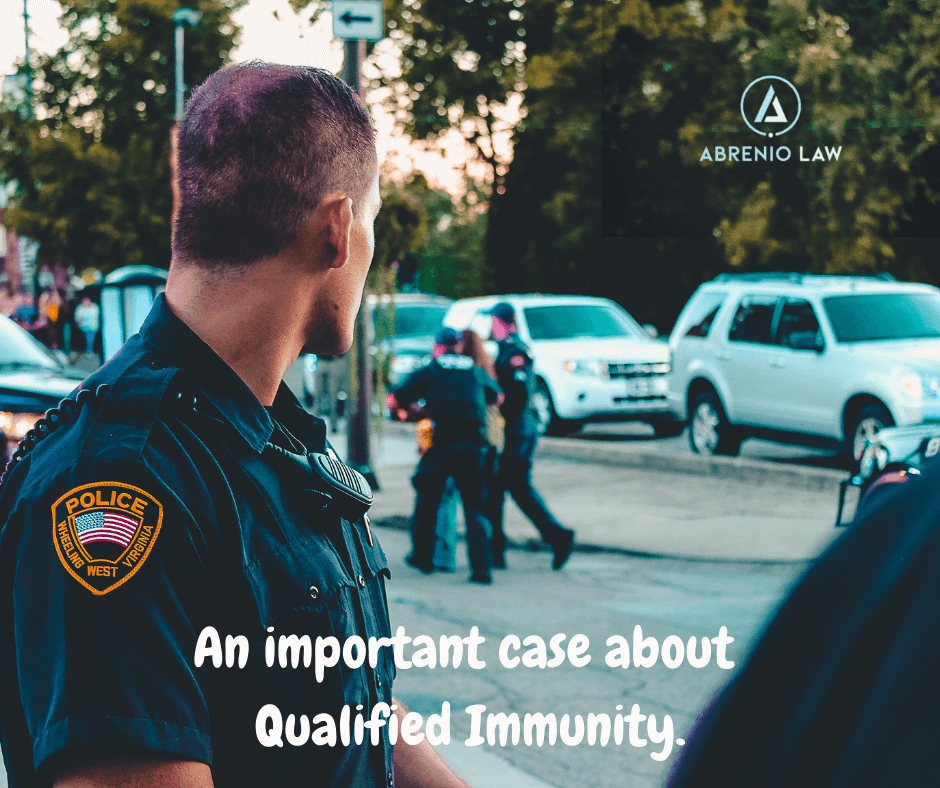
With the tragic death of George Floyd and worldwide marches on his behalf, and in support of #BlackLivesMatter, countless Americans are asking “what can be done to prevent these senseless killings?”
Inevitably, the issue of Qualified Immunity comes to mind. Qualified Immunity is a complex issue, which we intend to write about more in the coming weeks. However, the United States Court of Appeal for the 4th Circuit just issued a highly relevant opinion.
The Estate of Wayne Jones v. The City of Martinsburg involved the killing of Wayne Jones by law enforcement in 2013 in Martinsburg, West Virginia. Remarkably, the case had already been thrown out of court three times on summary judgment in favor of law enforcement based upon, among other things, Qualified Immunity.
In considering the case, the 4th Circuit viewed the facts in the most favorable light to Mr. Jones’s Estate, which included the following:
Mr. Jones was homeless and diagnosed with a mental illness. He was encountered by LEO at approximately 11:30 pm, where he was approached because he was not walking on the sidewalk, which violated a local ordinance. LEO asked whether he had a weapon, which after questioning, he stated he had “something.” LEO then heightened the interaction by continued questioning to which Mr. Jones responded, “why are you bothering me?” “what did I do wrong?”
The interaction lead to LEO calling for back up, and ultimately five officers were on scene. Ultimately, Mr. Jones was tased by more than one officer, chased to a wall of a bookstore, where he was then placed in a chokehold and hit in the throat. At some point, there was an allegation that Mr. Jones had a weapon. He was then shot 22 times. Later, it was discovered that he had a knife tucked in his sleeve.
Fortunately, the interaction was captured by audio and video.
Based upon this, the District Court dismissed the case based, in part, upon Qualified Immunity. The 4th Circuit reversed and, in a truly powerful statement, held that the case must go to a jury:
Wayne Jones was killed just over one year before the Ferguson Missouri shooting of Michael Brown would once again draw national scrutiny to police shootings of black people in the United States. Seven years later, we are asked to decide whether it was clearly established that five officers could not shoot a man 22 times as he lay motionless on the ground. Although we recognize that our police officers are often asked to make split-second decisions, we expect them to do so with respect for the dignity and worth of black lives. Before the ink dried on this opinion, the FBI opened an investigation into yet another death of a black man at the hands of police, this time George Floyd in Minneapolis. This has to stop. To award qualified immunity at the summary judgement stage in this case would signal absolute immunity for fear-based use of deadly force, which we cannot accept. The district court’s grant of summary judgement on qualified immunity grounds is reversed, and the dismissal of that claim is hereby vacated.
